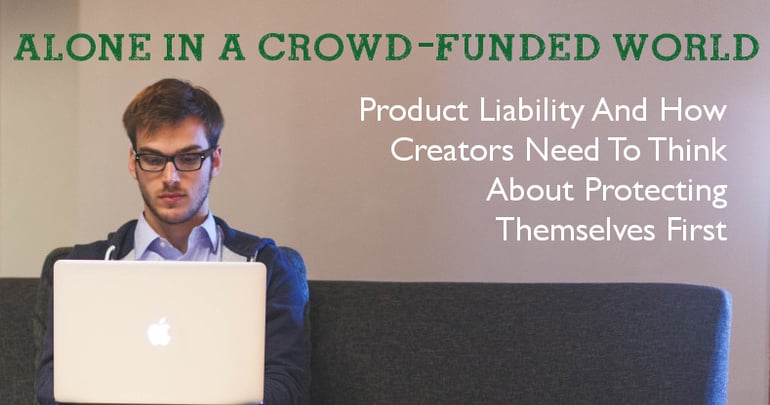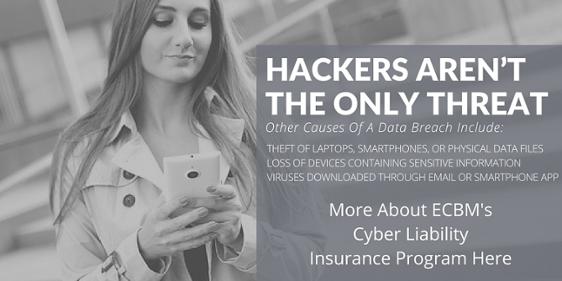
You have a great idea, but not the money to get the project off the ground. Crowdfunding to the rescue! (Or is it?)
Every day entrepreneurs are tapping the resources of websites like Kickstarter, Indiegogo, Crowdfunder, and others to make their idea a reality. In the past five years (2009-2014), Kickstarter alone has helped over 55,000 projects raise almost one billion dollars. However, the only protection that you will have as a project creator will be what you provide for yourself.
While these websites are moving staggering amounts of money all over the world among more than five million contributors, they are severing all responsibility when it comes to protection for creators and are providing the information needed to backers in their attempts to sue you.
A common complaint: Where is my stuff?
CNN Money reported in 2012 that:
- 84% of the top 50 funded projects on Kickstarters shipped late
- More than 75% of hardware projects funded through Kickstarters fail
Crowdfunding websites have been going to great lengths to separate themselves from the actions of creators that post their projects. The changes to the terms of service also gives more power to the backers if a lawsuit is filed for faulty or unshipped goods.
So how are these companies getting away without any responsibility to people spending money on their website?
Crowdfunding websites are a social platform, not a store
Since 2012 Kickstarter has been making efforts via their website terms of service to make backers aware and conscious that their website is not an ecommerce site, that they are “a platform for creators and audiences to work together to make things.”In the 2014 update on Indiegogo’s terms of service, they describe their website as a venue. They even go so far as to state that users use the services available through Indiegogo.com at their own risk. On Crowdfunder, you can even get crowdfunding to sue someone.
Still planning on getting funding for your project?
From a liability standpoint, it is advisable to form a legal business structure, like an LLC or corporation. This includes filing for an Employer Identification Number. This will give you a layer of protection in that you will need. If you are sued, the website that you had posted your project on will not offer any support and may provide documentation to the plaintiffs regarding your project. By signing all contracts and completing all forms with your LLC or Corporation’s information instead of your personal information, you can take a step in protecting your personal assets.
Get insurance before you produce anything!
This is another effort to protect your personal assets and insurance. You may be running this business out of your home, but you cannot assume that your homeowners insurance will cover the damages caused by a product, or made by a company that they did not know existed.
Not only will you need to worry about the cost of a judgment against you, but you also need to consider the cost of representation during a lawsuit. Even having a letter written by a lawyer can be more than the annual premium of your liability insurance. So spending a little more time and incorporating the cost of insurance in your startup costs is a smart move.
Depending on the type of product, your insurance may require “tail coverage” or “discontinued products coverage”. This will protect you if you dissolve your business. Let’s say your product does not cause a claim until after your business closes as most consumer products (including personal care and food products) are not used, consumed, or disposed of in a timely manner.
While these extra steps may seem to be unnecessary or expensive at the time, they will be the best investment of your time and save you the most money if something does go wrong. The only protection that you will have as a project creator will be what you provide for yourself. So while you may have funding and a community of backers, you are the one that needs to back yourself.

